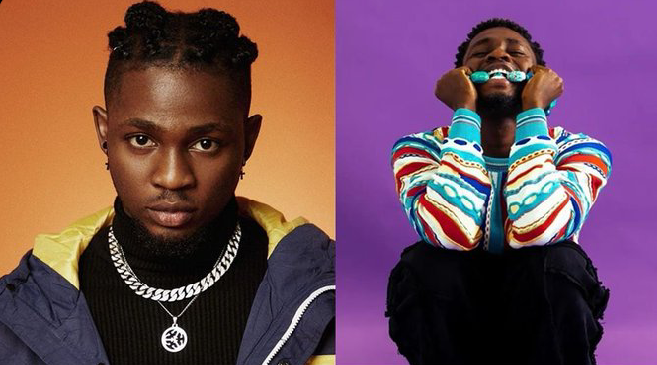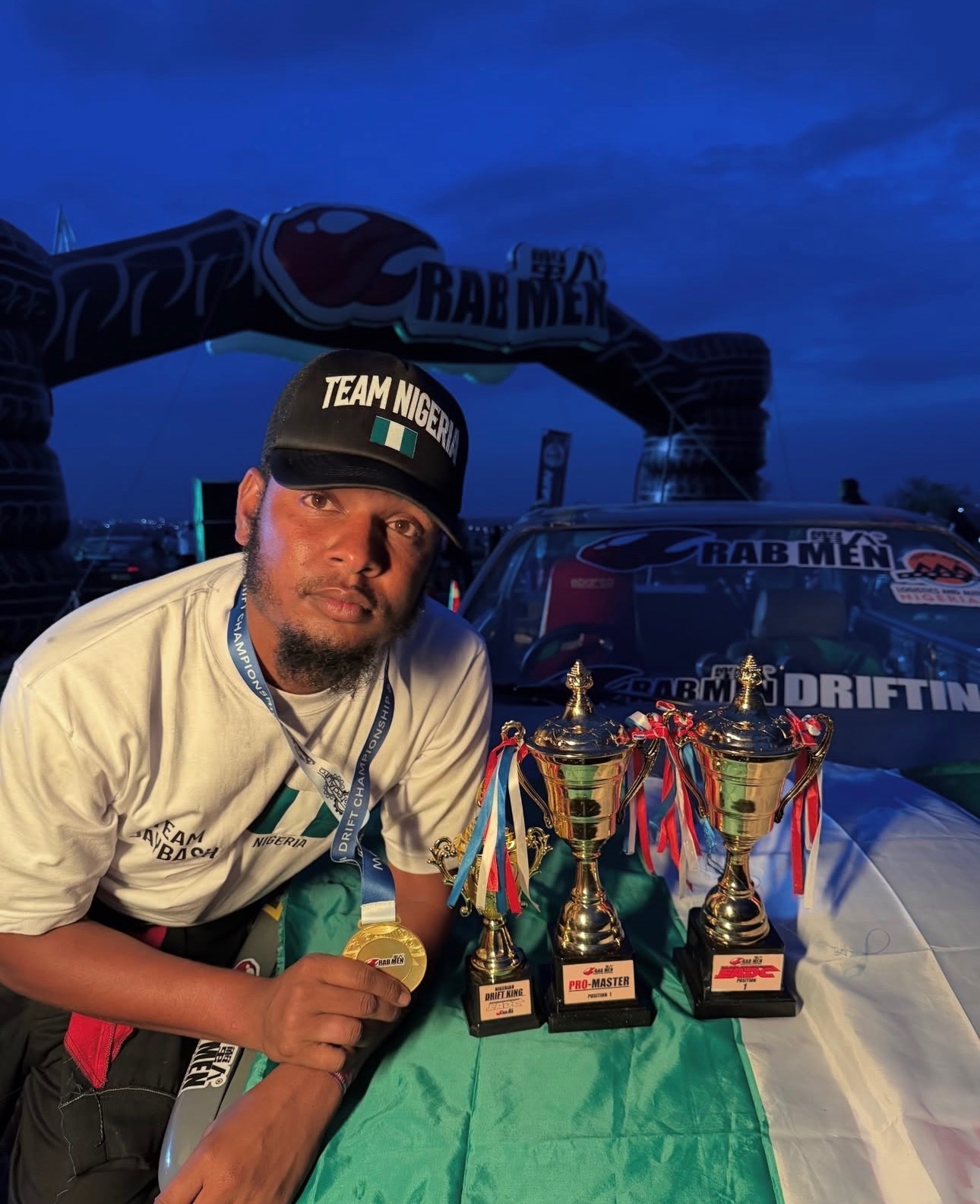
“BBLs Are Outdated and Unattractive” — Singer Omah Lay Declares in Bold Take That Sparks Online Frenzy

In a world where physical enhancement procedures like the Brazilian Butt Lift (BBL) have gained immense popularity among celebrities, influencers, and everyday women alike, Nigerian singer and songwriter Omah Lay has stirred a hornet's nest with a statement that has quickly gone viral. In a candid social media post, the Afro-fusion star described the BBL trend as "old fashion" and "unattractive," drawing sharp reactions from fans, critics, and curious onlookers across platforms.
The singer, known for his sultry vocals and soul-baring lyrics, didn’t mince words when he gave his take on one of the most talked-about beauty enhancements of the decade. Omah Lay’s comment came unexpectedly, without any prior context or prompt, but with the weight and boldness of someone speaking from a place of personal conviction. “BBL is so old-fashioned and honestly very unattractive to me,” he wrote, causing immediate waves of conversation online.
Fans were split right down the middle. Some hailed the "Soso" crooner for speaking his truth in an industry where trends are rarely questioned and often blindly followed. Others, especially women who had undergone the procedure or supported body autonomy, felt attacked or dismissed. “He’s entitled to his opinion, but he shouldn’t shame others for their choices,” one Instagram user commented under a reposted version of his statement. Another user, clearly supportive, wrote, “Finally a man with taste! Natural beauty over plastic every time!”
The singer has not made any further clarifying statements since the initial post, nor has he responded to the numerous threads, debates, and discussions that have emerged in the wake of his comment. However, social media is doing the talking for him. His name quickly trended on Twitter and TikTok, with people dissecting his choice of words, tone, and even personal dating history.
This isn’t the first time a public figure has questioned or criticized the BBL trend, but what makes Omah Lay’s statement particularly striking is how matter-of-fact and unfiltered it was. There was no press release, no interview snippet—just a bold, singular opinion posted directly to his fans. In an era where celebrities are increasingly cautious with their statements to avoid backlash or cancellation, his candor was as risky as it was refreshing.
The Brazilian Butt Lift procedure involves liposuctioning fat from other parts of the body and injecting it into the buttocks to create a more pronounced, curvier shape. It's been glamorized by pop culture icons and social media influencers, with some even labeling it the “ultimate glow-up.” But the tide may be turning. Recent reports suggest a slow but steady decline in the popularity of BBLs, with many women either opting for more natural enhancements or reversing their surgeries altogether.
Omah Lay’s comment might just be a reflection of this broader shift in beauty standards. Younger audiences are growing increasingly critical of unrealistic body ideals, and even the social media aesthetic is evolving toward authenticity and self-acceptance. But even so, calling a widely practiced procedure “unattractive” is bound to trigger strong emotional responses, especially from those who feel empowered by their surgical decisions.
His statement also raises questions about male influence on female body image. While some argue that men should stay out of women's beauty choices, others believe it's valid for men to express their preferences—particularly when those preferences challenge unhealthy or extreme beauty norms. Omah Lay’s critics have asked whether his opinion was necessary or helpful, while his supporters insist that it’s high time male celebrities stopped glorifying unrealistic bodies and started speaking up for what they actually find beautiful.
Within the Nigerian entertainment space, this is one of the few direct comments on BBLs from a male artist of Omah Lay’s caliber. While other celebrities have occasionally joked about the trend or subtly hinted at preferences, this outright rejection of the procedure stands out for its clarity and finality. His fans are no strangers to his introspective, sometimes melancholic approach to music, but this statement reveals a different, more assertive side of the usually reserved star.
Reactions weren’t limited to fans alone. A few public figures chimed in, with some female influencers dismissing his view as “unsolicited male opinion,” while others agreed that the pressure to get BBLs has become overwhelming and toxic. One fashion blogger tweeted, “Maybe if more guys said this, we’d stop risking our lives on the table just to feel worthy. Omah Lay spoke facts.” Another popular TikToker sarcastically responded with, “Thanks for your input, Dr. Lay. We’ll let the surgical boards know.”
This discourse has, once again, spotlighted the complexities surrounding body enhancement culture in modern society. While personal autonomy and body positivity are crucial, so is the freedom to hold and express personal preferences—even when those views counter prevailing trends. What remains undeniable is that Omah Lay has successfully sparked a national—and perhaps even global—conversation about beauty, identity, and the ever-changing nature of what is considered attractive.
For now, the debate rages on. As fans continue to share memes, opinions, and hot takes of their own, Omah Lay has remained quiet, choosing not to double down or backtrack. Whether or not he intended to cause this level of stir, the message has already landed. And love it or hate it, people are talking—and thinking.
In a digital landscape full of filters, edits, and enhancements, perhaps Omah Lay’s brutally honest statement was the raw, unfiltered take the internet didn’t know it needed. As the dust settles and opinions continue to swirl, one thing is certain: the days of the untouchable BBL trend may be numbered—and Omah Lay just might have sounded the alarm.


